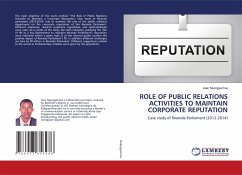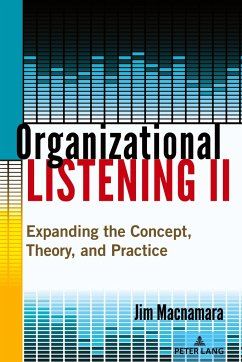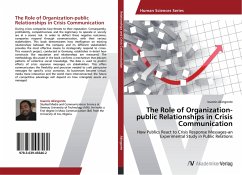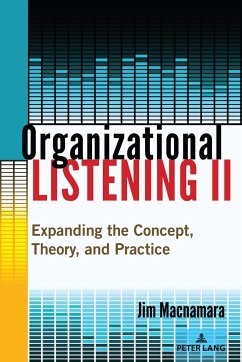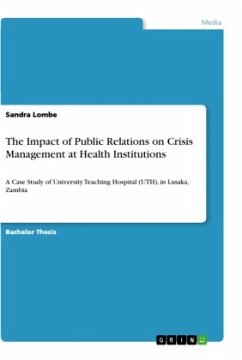
The impact of organizational crisis communication on reputation repair
Versandkostenfrei!
Versandfertig in 6-10 Tagen
55,99 €
inkl. MwSt.

PAYBACK Punkte
28 °P sammeln!
This book investigates how organizations in crisis should communicate in order to minimize or restore reputational damage. A number of experimental studies examine the impact of three dimensions of crisis communication, namely the content, timing and framing. The content of crisis communication involves the degree of responsibility that an organization takes for a crisis. Organizations can for instance fully reject responsibility by means of denial or take responsibility by apologizing. The timing of crisis communication relates to whether an organization in crisis choses to self-disclose incr...
This book investigates how organizations in crisis should communicate in order to minimize or restore reputational damage. A number of experimental studies examine the impact of three dimensions of crisis communication, namely the content, timing and framing. The content of crisis communication involves the degree of responsibility that an organization takes for a crisis. Organizations can for instance fully reject responsibility by means of denial or take responsibility by apologizing. The timing of crisis communication relates to whether an organization in crisis choses to self-disclose incriminating information or waits for a third party to disclose the events before offering a response. Finally, the framing that was investigated in this book refers to rational crisis communication on the one hand and emotional crisis communication on the other hand. Can spokespersons of an organization in crisis express their genuine emotions or should they remain as rational as possible? Thefindings illustrate the importance of crisis communication in restoring consumers' confidence in organizations.




